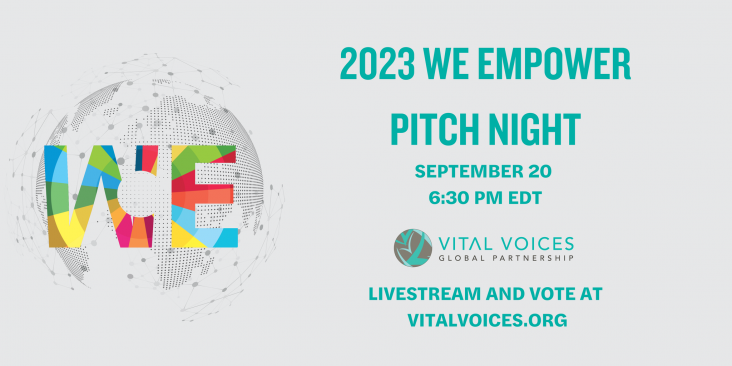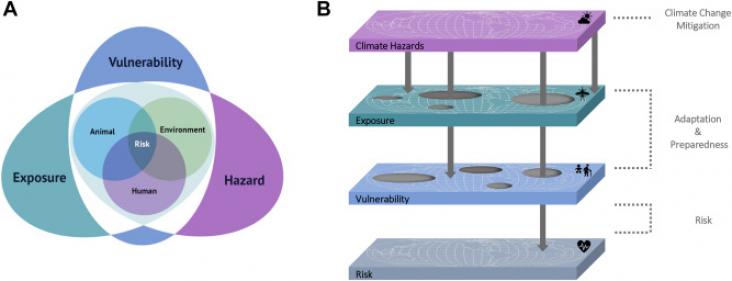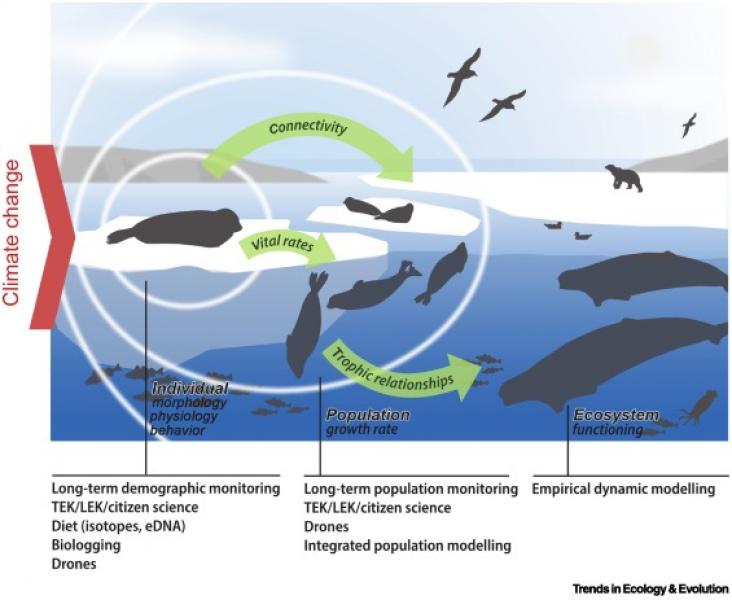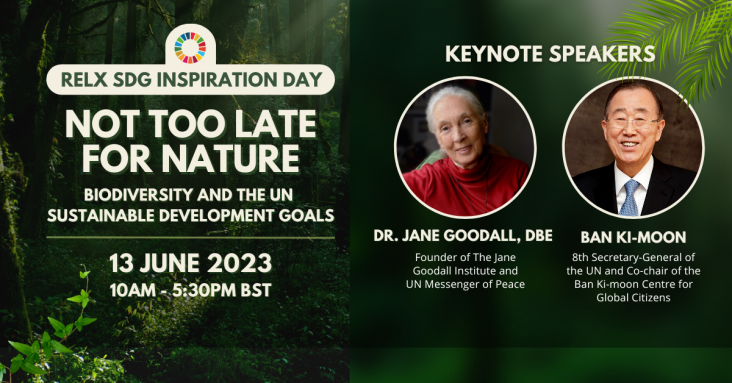Wetzel's Limnology (Fourth Edition): Lake and River Ecosystems - Chapter 26: Shallow Lakes and Ponds
Wetzel's Limnology, Fourth Edition: Lake and River Ecosystems, 2024, pp 859-892
This chapter advances the UN SDG goals 11, 13, and 14 by reviewing the role of lakes and ponds in maintaining critical aquatic biodiversity and ecosystem functioning in the context of growing urbanization and climate change.

WE Empower Pitch Night, hosted by Diane von Furstenberg, will be a dynamic evening event bringing together top business leaders, the media and other key influencers to participate in an innovative

As we enter the ninth year since the adoption of the UN Sustainable Development Goals (SDGs) in 2015, the pressing need to meet these ambitious objectives becomes ever more evident.
The authors analyse global patterns of green water fluxes (key for sustaining crops) and blue water fluxes (water that sustains aquatic ecosystems). They show that green fluxes are beginning to dominate, elevating blue water vulnerability.

Climate change is one of several drivers of recurrent outbreaks and geographical range expansion of infectious diseases in Europe.

To plan for an uncertain future, life scientists are often required to use the output from climate models to develop recommendations for policy. The authors explain best practice for use of these models, this research supports SDG 2, 13, 14 and 15.
Humpback whales (Megaptera novaeangliae) in Southeast Alaska have been studied for over 50 years, and are largely considered a recovery success since the cessation of commercial whaling. To further sustain this success we need to improve our knowledge of how these giants reproduce. The authors developed an effective strategy for monitoring the hormone levels in a challenging natural environment.

This work highlights what we know about climate change impacts that have happened and discuss future directions for research. It supports SDG 13 and 14.
This chapter aligns with Goals 3 and 14 by explaining the connection between the health of global oceans and the health and wellbeing of human populations increasingly reliant on ocean ecosystem services.

